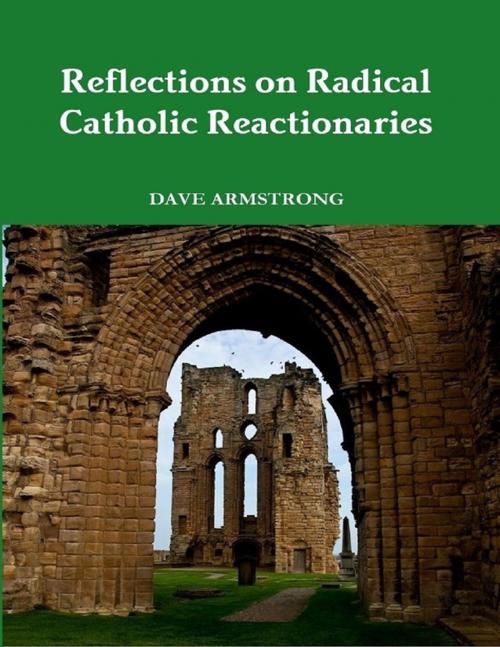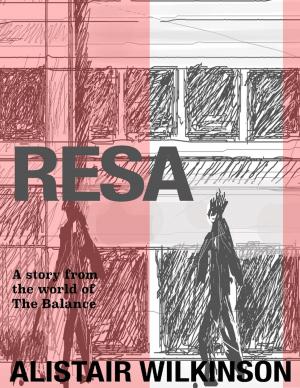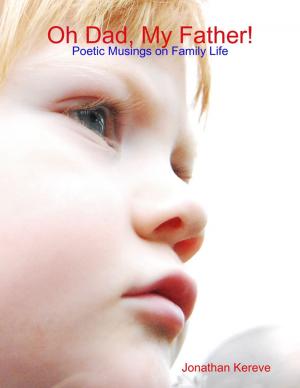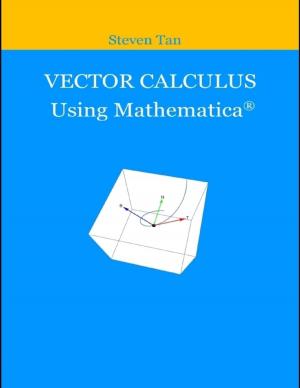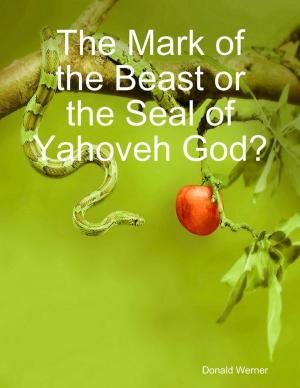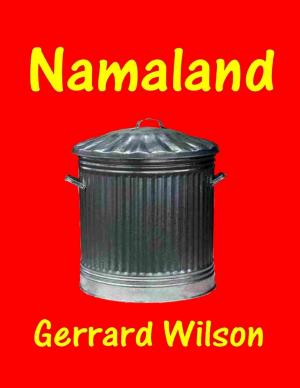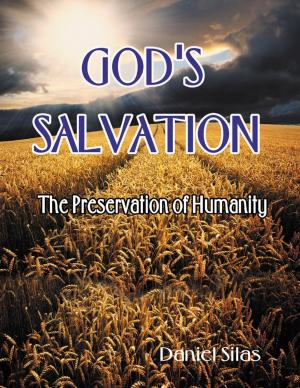Reflections on Radical Catholic Reactionaries
Nonfiction, Religion & Spirituality, Christianity, General Christianity| Author: | Dave Armstrong | ISBN: | 9781304343307 |
| Publisher: | Lulu.com | Publication: | August 19, 2013 |
| Imprint: | Lulu.com | Language: | English |
| Author: | Dave Armstrong |
| ISBN: | 9781304343307 |
| Publisher: | Lulu.com |
| Publication: | August 19, 2013 |
| Imprint: | Lulu.com |
| Language: | English |
I have sought to analyze (minus proper names, a la Trent) the premises, presuppositions, logical and ecclesiological “bottom lines” and (in a word), the spirit of a false and divisive radical Catholic reactionary strain of thought held by a distinctive and tiny sub-group of Catholics. The term “traditionalism” has been co-opted by groups and schools of thought within Catholicism that vary quite widely. It's similar to the love and adoption of the word “Christian” by many sects that are not Christian at all (since they deny the Holy Trinity or the divinity of Jesus Christ). Apologists and other observers need to differentiate groups that are using the same name, for purposes of identification and critique, and to prevent misunderstandings as to exactly what we are contending against as error. The book doesn't oppose the Tridentine Mass, or traditional liturgical practice and devotion (nor traditional morality and catechesis), but rather, far more radical ideas held by some Catholics.
I have sought to analyze (minus proper names, a la Trent) the premises, presuppositions, logical and ecclesiological “bottom lines” and (in a word), the spirit of a false and divisive radical Catholic reactionary strain of thought held by a distinctive and tiny sub-group of Catholics. The term “traditionalism” has been co-opted by groups and schools of thought within Catholicism that vary quite widely. It's similar to the love and adoption of the word “Christian” by many sects that are not Christian at all (since they deny the Holy Trinity or the divinity of Jesus Christ). Apologists and other observers need to differentiate groups that are using the same name, for purposes of identification and critique, and to prevent misunderstandings as to exactly what we are contending against as error. The book doesn't oppose the Tridentine Mass, or traditional liturgical practice and devotion (nor traditional morality and catechesis), but rather, far more radical ideas held by some Catholics.
